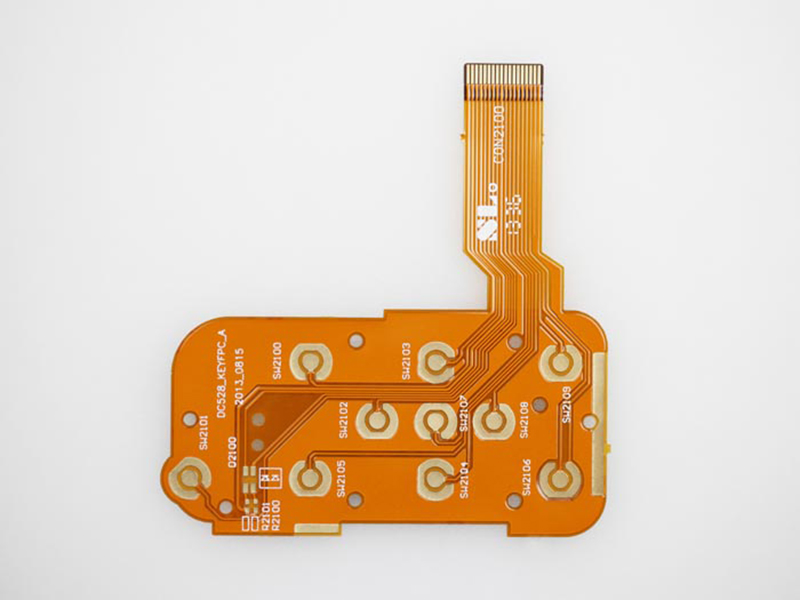Title:TheEvolutionaryPathofIntelligentManufacturing:AComprehensiveMindMap(智能制造的发展趋势思维导图英语)
With the dawn of the Fourth Industrial Revolution, the integration of advanced digital technologies with traditional manufacturing practices has ushered in a new era of intelligent manufacturing. This revolutionary shift is propelled by the convergence of various technologies, including the Internet of Things (IoT), big data analytics, cloud computing, and artificial intelligence (AI). These technologies are reshaping production processes, optimizing supply chains, and enhancing product quality while reducing costs and lead times. The ultimate goal of intelligent manufacturing is to create smart factories that are highly responsive, adaptable, and efficient, thereby driving sustainable growth and innovation across industries.
Digitalization and Data-Driven Decisions
At the heart of intelligent manufacturing lies the digital transformation, enabling real-time data collection and analysis. Sensors and connected devices form the nervous system of a smart factory, capturing vast amounts of data from machines, products, and workers. This data is then processed using sophisticated algorithms to predict maintenance needs, optimize energy consumption, and improve product designs. With the aid of machine learning and AI, manufacturers can make informed decisions based on data-driven insights, leading to reduced downtime, higher resource efficiency, and better product consistency.
Automation and Robotics
Automation plays a pivotal role in intelligent manufacturing systems. Robotics, once confined to repetitive and mundane tasks, now perform complex operations with precision and consistency. Collaborative robots, or cobots, enhance workplace safety and productivity by working alongside human counterparts. As robotic technology advances, we witness the emergence of self-learning robots that adapt to changing environments and tasks, blurring the lines between manual and automated labor. This shift not only boosts output but also elevates the nature of human work, transitioning towards more strategic and creative roles within the manufacturing sector.
Supply Chain Optimization
Intelligent manufacturing extends its reach beyond the factory floor to encompass entire supply chain networks. Through integrated systems, manufacturers can monitor inventory levels, track shipments, and coordinate with suppliers in real-time. Predictive analytics enable companies to anticipate demand fluctuations and adjust their supply chains accordingly. By leveraging blockchain technology, transparency and traceability throughout the supply chain are enhanced, ensuring quality control and ethical sourcing practices. These advancements result in reduced stock holdings, shorter lead times, and improved customer satisfaction.
Sustainability and Environmental Impact
A critical aspect of intelligent manufacturing is its commitment to sustainability. Smart factories adopt energy-efficient technologies and processes to minimize their environmental footprint. Renewable energy sources are increasingly integrated into production systems, aligning manufacturing goals with global ecological initiatives. Furthermore, intelligent systems facilitate better waste management and recycling by identifying opportunities for material reuse and reduction in waste generation. By embracing sustainable practices, manufacturers not only comply with regulations but also demonstrate corporate social responsibility, which is becoming a key consideration for consumers' purchasing decisions.
Skill Development and the Future Workforce
As intelligent manufacturing progresses, the skill sets of the workforce must evolve. There is an increasing demand for tech-savvy workers who can manage complex machines and interpret data. Educational institutions and corporations are revamping training programs to bridge the skills gap, focusing on STEM education and upskilling initiatives. Continual learning and development are becoming integral parts of the manufacturing job landscape, ensuring that humans remain vital components in a symbiotic relationship with intelligent machines.
Cybersecurity and Data Privacy
With the proliferation of connected devices and data exchange in intelligent manufacturing, cybersecurity measures have become paramount. Manufacturers must establish robust defenses against cyber threats as any breach could compromise commercial secrets or disrupt production. Data privacy is equally important, requiring manufacturers to adhere to stringent regulations regarding the collection, storage, and processing of personal and operational data. As technology evolves, strategies to protect it must also evolve, requiring constant vigilance and investment in security infrastructure.
Conclusion and the Road Ahead
The evolution of intelligent manufacturing is a journey filled with promise but also challenges. With breakthroughs in AI, robotics, and digital technologies continuing, the landscape of manufacturing will undergo profound changes. The future holds tremendous potential for more adaptive, efficient, and sustainable production methods. Manufacturers must navigate this progression with foresight and proactive strategies to harness the power of intelligent systems responsibly. The road ahead is fraught with uncertainties but the potential rewards of intelligent manufacturing are too great to ignore.




















